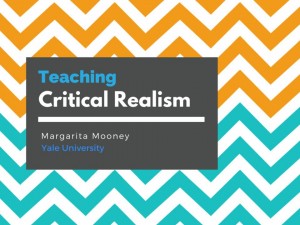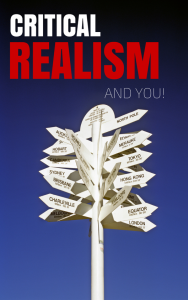Part 1 in a Series on Personhood.
On July 1, 2012, I began a new funded research project entitled “A Virtue Ethics Perspective on Stress and Human Flourishing from Youth to Young Adulthood” (with Nicolette Mangos, Williams College, Co-PI; funded by the John Templeton Foundation, $603,650 over three years). This work builds directly off my new interest in human flourishing, which I have blogged about in a series of posts responding about whether women can have “it all”.

When I finished my book, Faith Makes Us Live: Surviving and Thriving in the Haitian Diaspora (University of California Press, 2009), I knew there were deeper theoretical insights to be gained from reflecting on how my interviewees in Haiti and the Haitian diaspora insisted that their fulfillment lay in strong relationships with family, friends and God, not just moving up in income or social status, like I had presumed. For example, I interviewed one of the most important lay leaders at Notre Dame, Gerard, several times about his work leading Notre Dame’s involvement in a faith-based community organizing movement. I accompanied him as he took members of Notre Dame to a city commission hearing on transportation, and to a county-wide symposium on transportation and development.
I planned to mostly write my book about such community organizing at Notre Dame, but one day after Sunday Mass, I asked Gerard how he had gotten so involved in the church and his answer made me re-think my theoretical framework.
“Ever since I knew I was Gerard, I knew I was in the church,” he replied. “I was bathed (emphasize his) in the church, I always worked for the church, I breathed the work of the church.” (Faith Makes Us Live, p. 86).
Gerard’s reply, and many other conversations at Notre Dame, led me to realize that my interviewees sensed I thought they cultivated a relationship with God and with family members in order to get other things. After the publication of Faith Makes Us Live, I read philosophers of human science such as Alaisdair MacIntyre and Charles Taylor who have critiqued much contemporary human science research for adopting an individualist or materialist means-end rationality. I then realized the meaning of Gerard’s comment and so much of what I heard and experienced at Notre Dame: personal prayer is not individualistic–people told me they mostly prayed for others, not themselves–and Gerard’s identity, his knowledge of himself, was not as an individual but as a person.
What is the difference between and individual and a person? Why does it matter for social theory and research? This is a question Nicolette Manglos and I will take up at an upcoming panel at the American Sociological Association meetings in Denver later this month. To make our case we draw on What is a Person? Rethinking Humanity, Social Life and the Moral Good from the Person Up, sociologist Christian Smith’s book in which he discusses how personalist theory, which emerged as a response to the often reductionistic, means-end utility maximizing concept of the person that emerged from Enlightenment philosophy.
Smith writes that persons are not individuals, if the term individual is used to mean “discrete, self-contained, autonomous, self-existent selves,” (Smith, p. 67). Furthermore, persons are not “self-contained selves who subsequently engage and exchange with other selves in order to secure some outcome or consume some benefit” (Smith, p. 67). Further, he adds that “Persons, instead, are originally, constitutively and inescapably social, interactive, and communicative in origin and being” (Smith, p. 67).
Gerard’s reply to me expressed that idea well: he was trying to tell me that my very question “How did you get so involved in the church? Why do you work so hard for this community?” was not the fundamental question. For Gerard, like so many others I interviewed, their very concept of self was so intricately tied to the church community that not only did were they not concerned about where their self ends and other self begins, they couldn’t recall ever being outside of the church. They were born and bathed in the church, their life and breath was the life and breath of the church.
According to philosopher Karol Wojytla, it is precisely when acting with others that individuals become persons. In other words, the social and communal nature of action is rooted in the nature of the person: the person is social. Actions that lead to fulfillment or flourishing are social actions, in which one’s subjectivity becomes tied to another person or a group of persons. The actions of human persons are not individualistic but inter-subjective.
Although persons can and do act as rational actors, such as by exchanging things with others to maximize their utility, this reductionistic view of the person and of agency should not be our model of the person. Such a reductionistic view overlooks moral commitments, constitutive-ends practices, and strong relationality. In my ongoing work on virtue ethics and sociology, I hope to move away from the enlightenment view of person that focuses on cognition and rationality and study persons as interacting bodies and inter-subjective actors.











